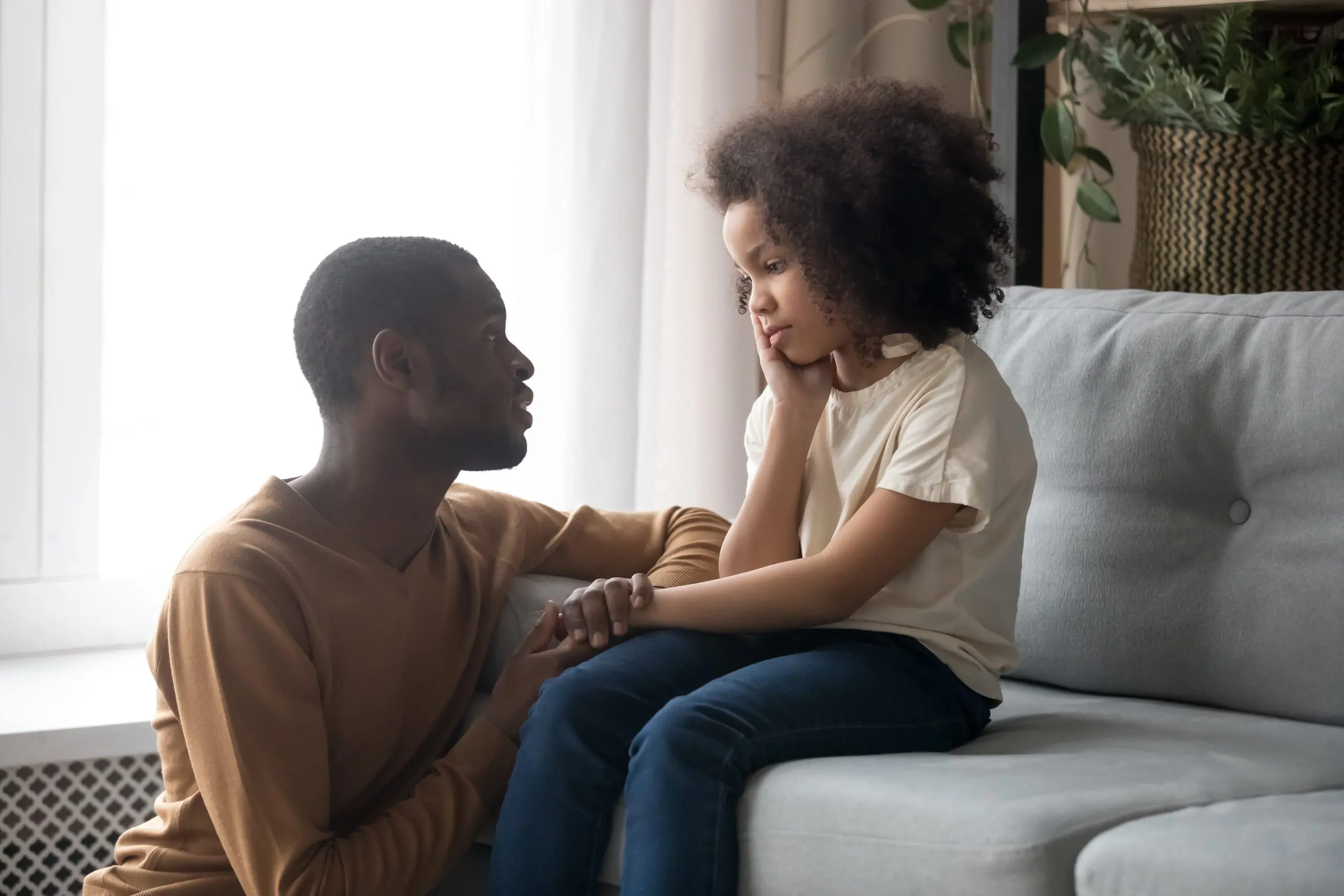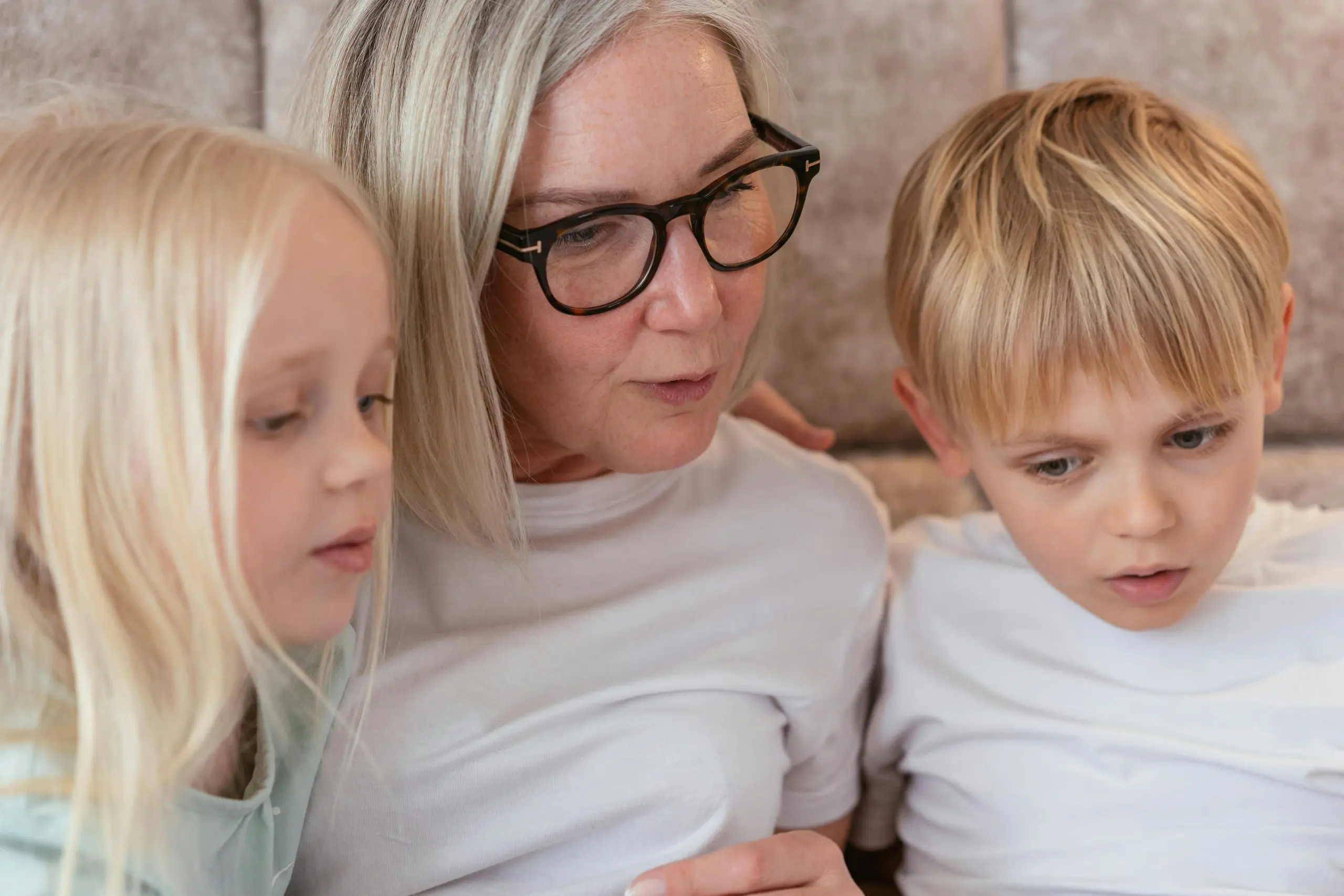Suicide bereavement support
We provide specialist suicide bereavement support for children, young people and families following a death through suicide.

Support for families bereaved by and dealing with death through suicide
Winston’s Wish offers specialist suicide bereavement support for families, children and young people (up to 25) when someone important has taken their own life. We have supported many families bereaved by suicide and are a member of the Suicide Bereavement Support Partnership. Below is information, guidance and resources on how to talk to children about suicide and support them when their mum, dad, brother, sister or other important person has died by suicide.
Families bereaved by and dealing with loss from suicide may also have to face agonising questions, intrusive public scrutiny and cope with extra emotions such as guilt, shame and self-blame. Children and young people may need extra support to help them cope with their grief.

Talking to children and young people about suicide
It is natural for a parent or carer to want to protect their child from pain after the death of someone important, especially a death by suicide. However, a suicide can quickly become public knowledge with police visits, an inquest, media interest and social media, and your child may hear rumours and fragments of information. An honest explanation of the facts, in language appropriate to a child’s age, given by people they can trust and who will continue supporting them, is often the best protection you can give your child.
How to get suicide bereavement support
Winston’s Wish offers bespoke individual bereavement support to children, young people (up to 25) and families. Our experienced Helpline team can also provide immediate guidance, advice, resources and support to families bereaved by suicide and the professionals supporting them. Find out more about the support we offer by clicking the button below or contact us:
- Call: 08088 020 021
- Email: ask@winstonswish.org
- Use our live chat

Advice and resources from our team

How to explain suicide to a child
Our guidance on how to tell a child someone important has died by suicide and how to explain it to them in age-appropriate language.

Should you tell a child about suicide?
Our team explain why, from our experience, it is better to be open and honest about a death through suicide.

Our Book: Beyond the Rough Rock
Our specialist book offers practical advice and activities for families bereaved by suicide.

When someone in your family dies by suicide
Guidance on talking about suicide and some of the common emotions and reactions your family might experience.

Feelings and thoughts following a suicide
Our experienced team explain some of the complicated emotions children may be feeling, including shock, guilt and anger.

When suicide is in the news and online
Advice on thinking about how and what to say to children and young people when a suicide is in the news.

A note on language
Please note that we never refer to ‘committing suicide’, this expression has remained in public usage long after suicide legally ceased to be considered a criminal act. Its use can distress families and it is preferable to refer to ‘death by suicide’ or that the deceased ‘took their own life’ or ‘ended their life’. A child recently described his father’s death by suicide as ‘Dad made himself die.’

